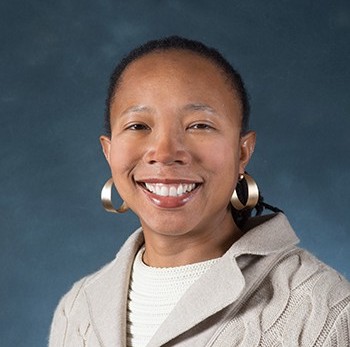In 1908 Emile Durkheim wrote: “So far as I know there is no sociology worthy of the name which does not possess a historical character.” A few years later, W.E.B. DuBois opened his essay, “The African Roots of War,” with the Latin phrase: “Semper novi quid ex Africa,” roughly translated as “out of Africa, always something new.” As an Africanist and an historical sociologist, my goal has been to craft an historical sociology that challenges the preposterous, yet curiously persistent myth that Africa and people of African descent lie (as Hegel famously put it) “beyond the day of self-conscious history.” I aim to change how we understand sociology’s past, in particular its relationship to Africa and the diaspora, in order to reorient what we do as global and transnational sociologists do in the future. My work uses the tools of historical sociology to examine the role of colonialism in the production of social scientific knowledge and inquiry. I focus specifically on the history of sociology, demonstrating how a number of sociology’s key conceptual presuppositions have been informed by the legacies of slavery and colonialism. I show how slavery and colonialism, events that have until recently been relegated to the margins of history, were central to the making of the modern world and, therefore, became central to the development of sociology, a discipline that is “intimately entwined with modernity, both as lived and theorized.” The work I have done on this topic has appeared in Political Power and Social Theory, Current Sociology, and Critical Sociology, and African and Black Diaspora: An International Journal.
As an historical sociologist and an Africanist, my aim has been to show that because the development of sociology has always been so closely connected with the colonization of Africa, sociology has always been ‘global’. It has also, however, produced knowledge in the service of colonial power. The connections between the history of sociology and the practice of colonial rule are, however, not well known. My work aims to change this. Much of my work is oriented around demonstrating that the frustrations that sociologists are currently experiencing about the limited abilities of our theories and methods to meet the challenge of studying global and transnational social processes are the results of this particular aspect of sociology’s disciplinary history having been occluded. The inadequacy of many of the normative presuppositions that underlie sociology’s core interpretive premises are, I have argued, are the logical outcome of the elision of this key aspect of our disciplinary history.

